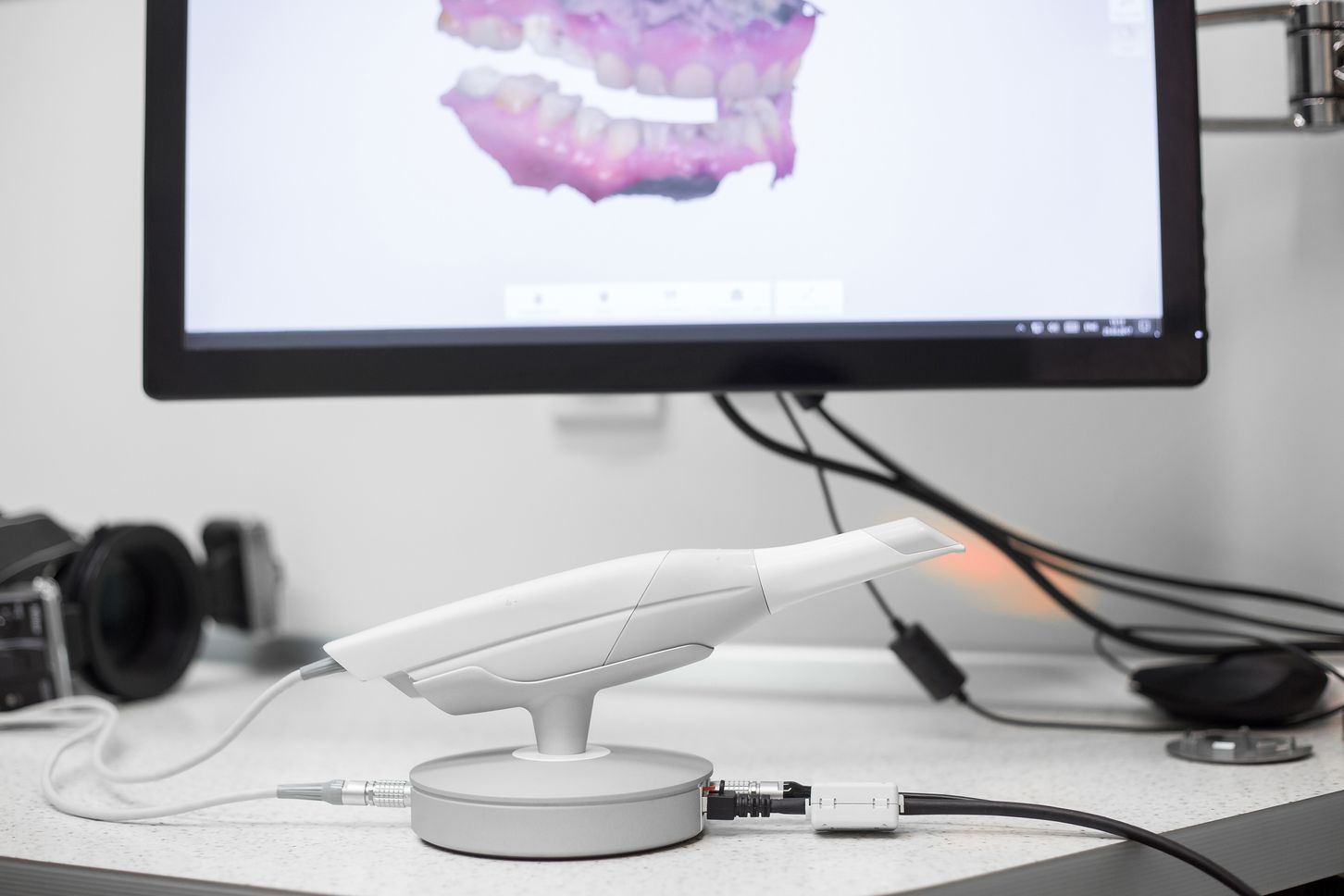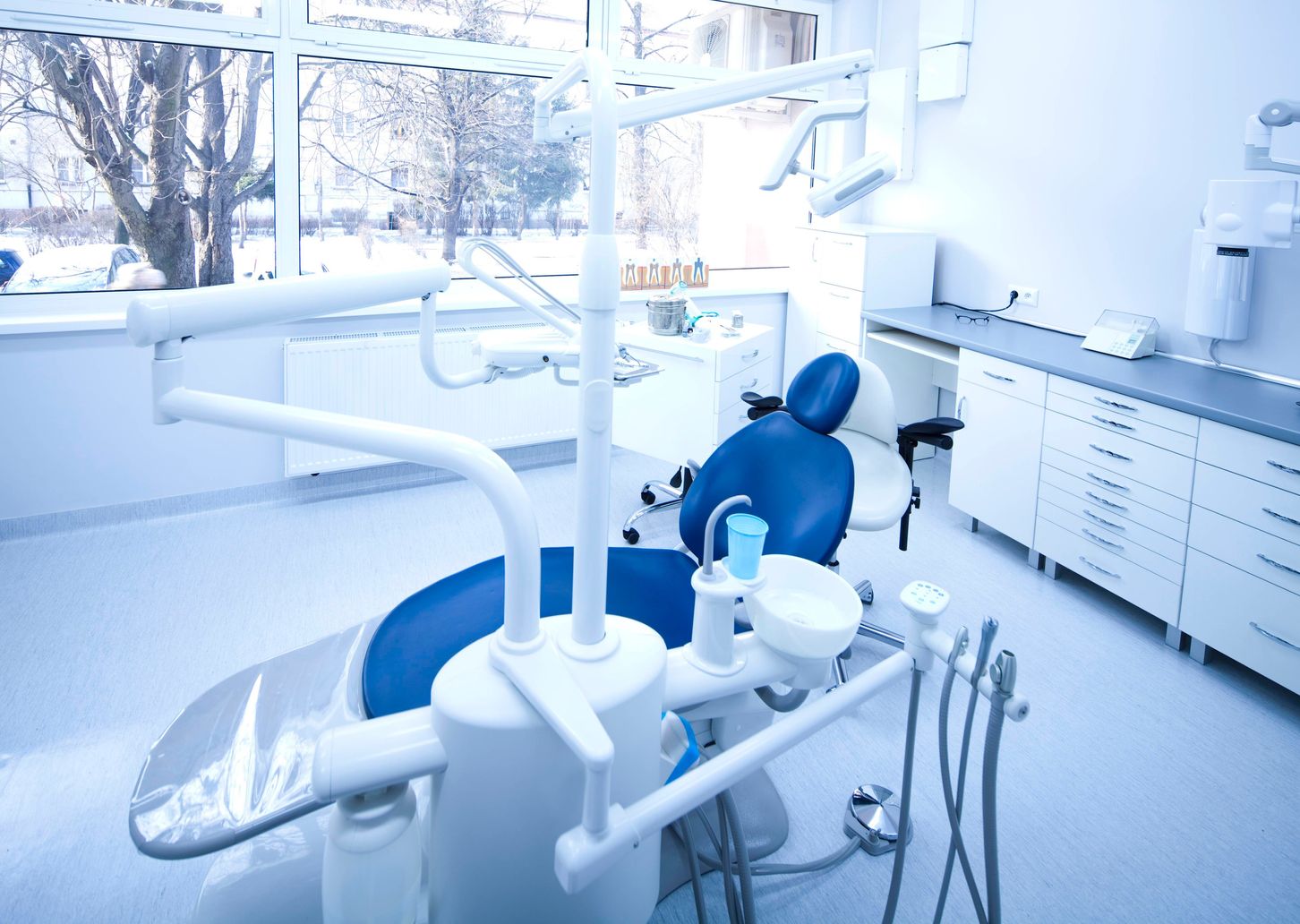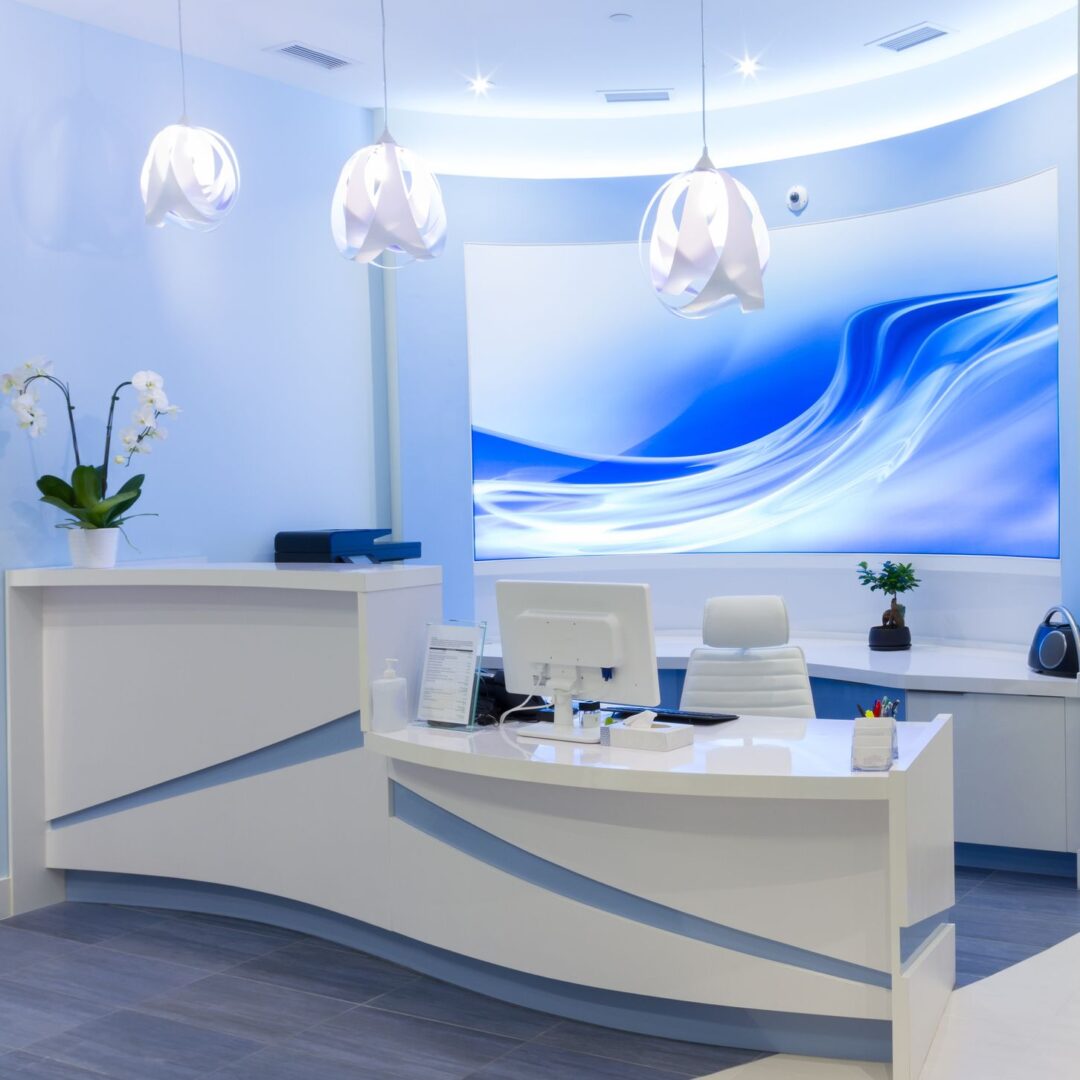Maximizing Your Practice Value For Sale
Frequently, I receive calls from longtime acquaintances in the dental field, and the conversation typically unfolds like this: "Hi, Sherrie! I'm considering selling my practice. Can you assist me?" Naturally, I reply, "Certainly, Dr. Smith! I'd be happy to guide you through this process." However, it often emerges that their once thriving upscale practice has suffered from underinvestment—lacking investments, marketing efforts, and updates in décor and technology, leading to a decline in collections over the past five years. Despite this, some dentists expect their practice to be worth significantly more than it truly is—a harsh reality only to realize that one's practice isn't as valuable as their firstborn child. In extreme cases, the only viable option may be a chart sale.

Lesson #1:
Fail to Prepare... Prepare to Fail
My longstanding recommendation is to commence preparations about 3 years before selling. Remodeling your office to reflect the level of care you provide or aspire to deliver is crucial. As visual creatures, patients are influenced by the environment, including technology and décor. While this doesn't mean emptying your piggy bank, engaging an experienced practice consultant proves invaluable. Their guidance on making strategic investments prepares both you and your practice for the market. If three years aren't feasible, one to two years generally suffice in most cases.
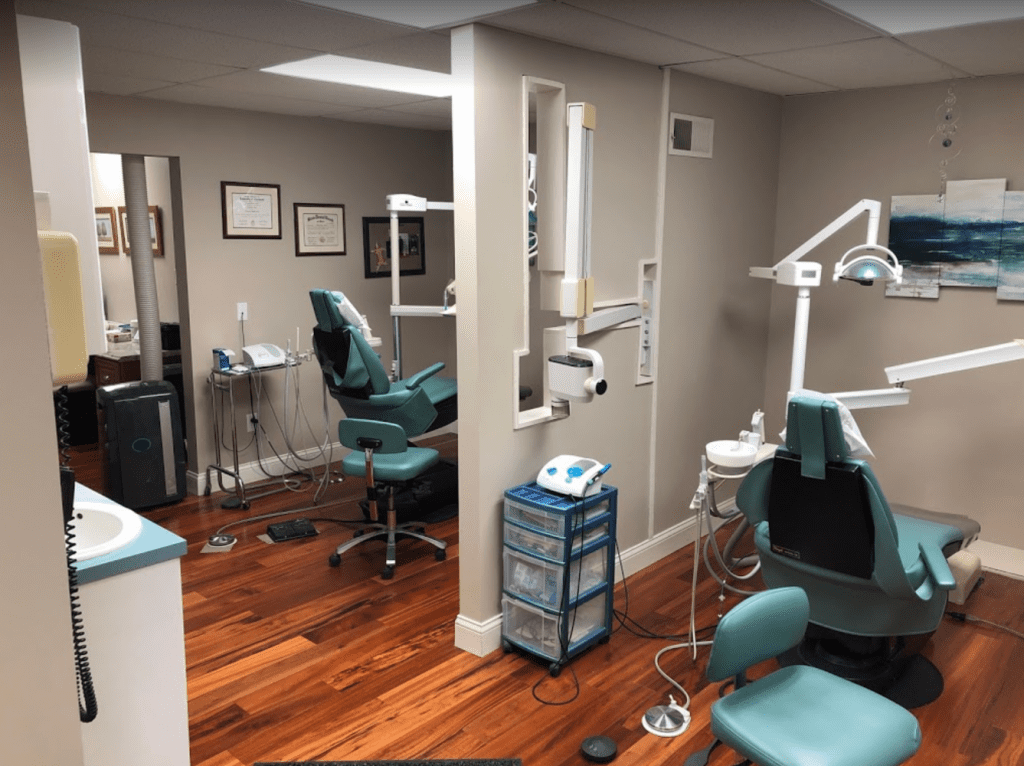
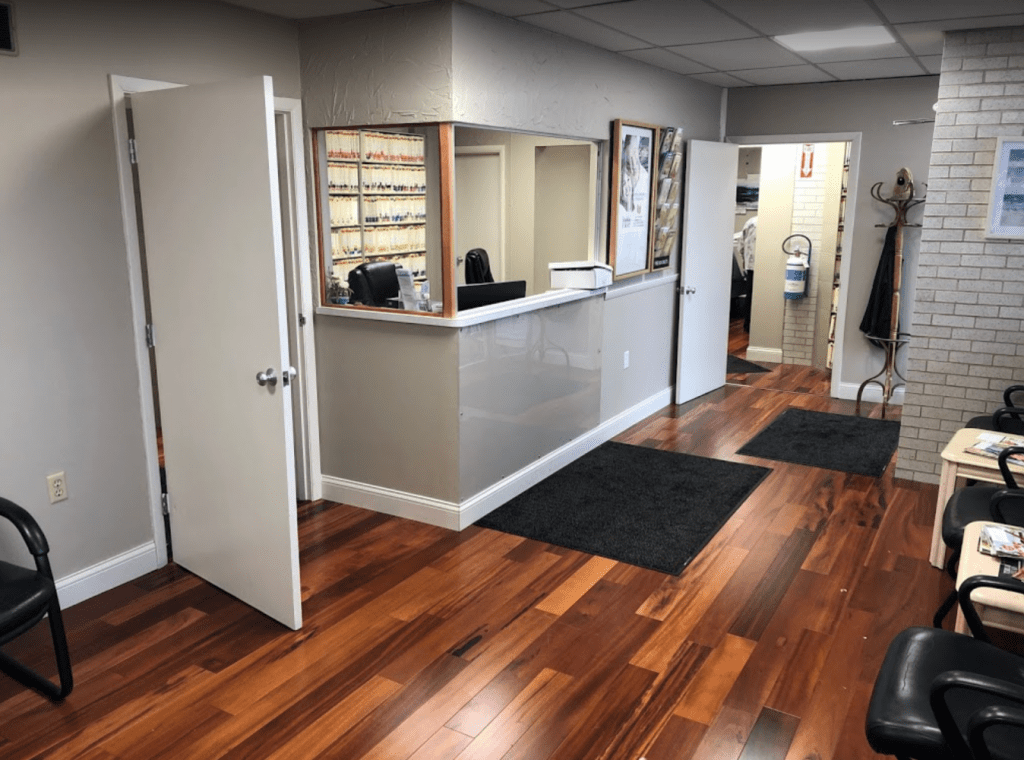
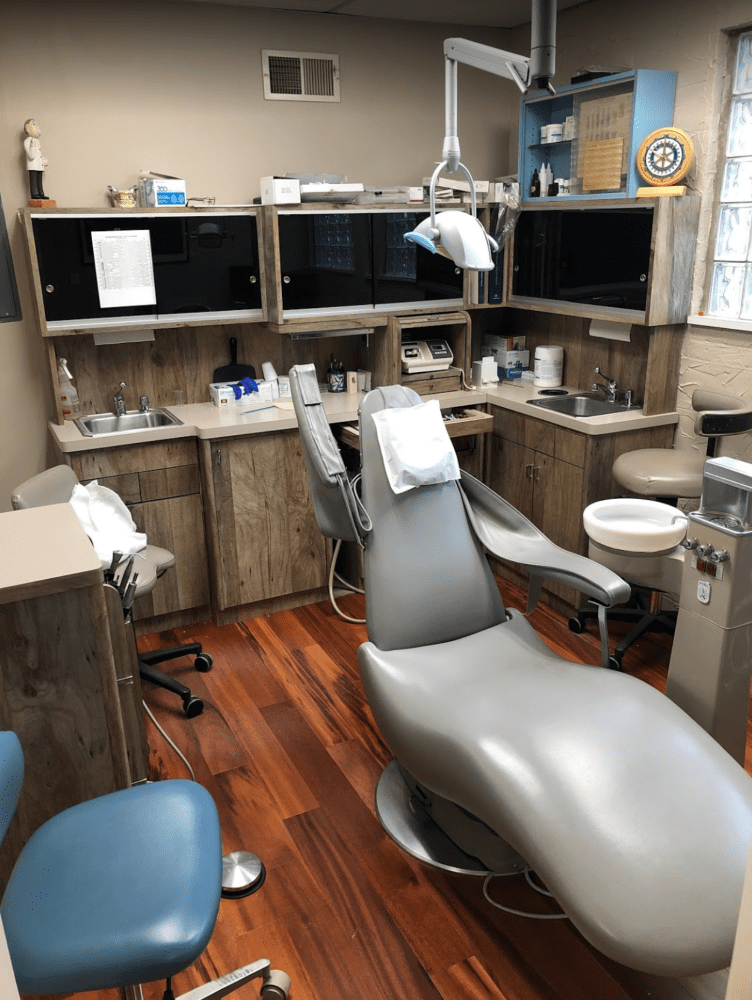
Lesson #2:
It's All about the Numbers...
While you may have reiterated this to yourself, successful sale hinges on various factors. Presenting yourself and your practice effectively is paramount for fetching the highest value. A practice in decline, be it in appearance, clinical capabilities, or productivity, is a tough sell.
Today's buyers are well-versed in technology and growth potential, with many holding both dental and business degrees. They seek practices that reflect modern standards, making the market more selective. Neglecting office aesthetics for over two decades results in an outdated appearance, implying stagnancy in technology. Similarly, outdated technology hampers clinical capabilities and patient experience. While not advocating for acquiring every cutting-edge tool, adopting some modern technologies is essential for staying competitive.
